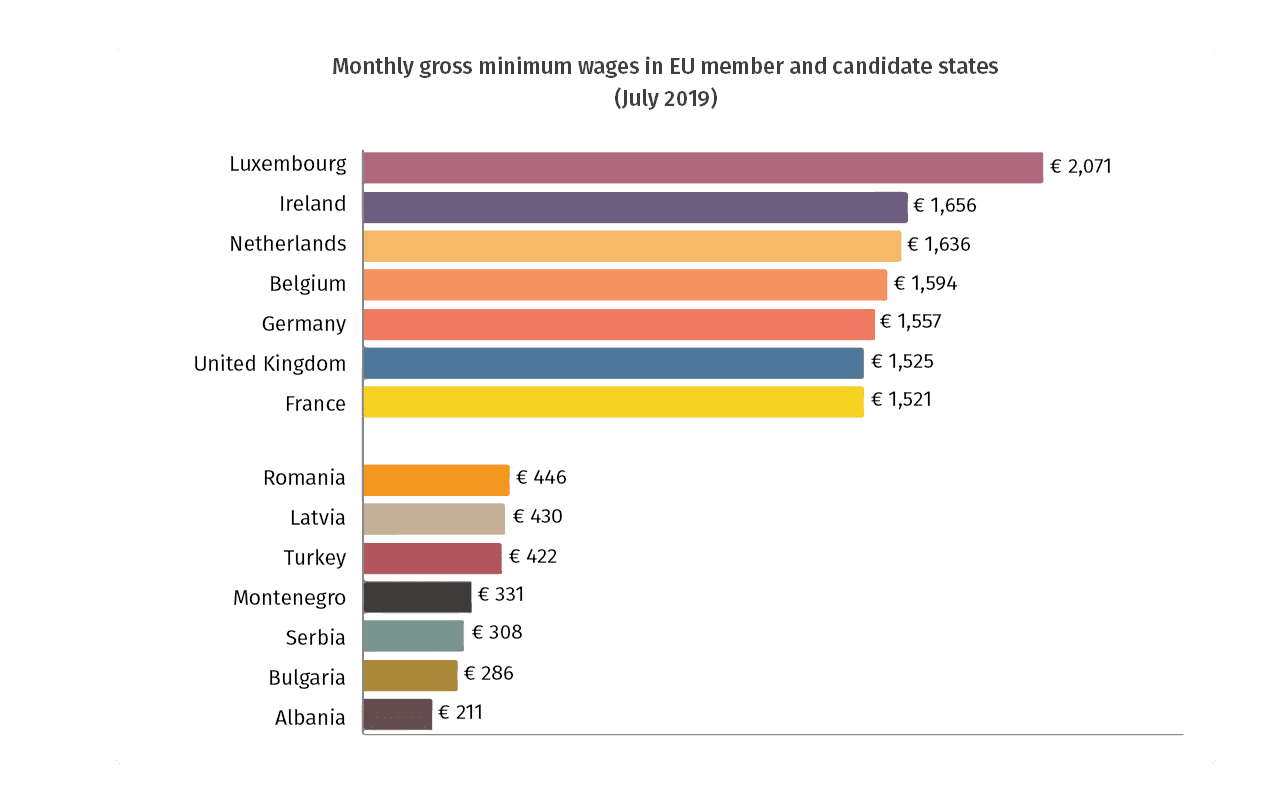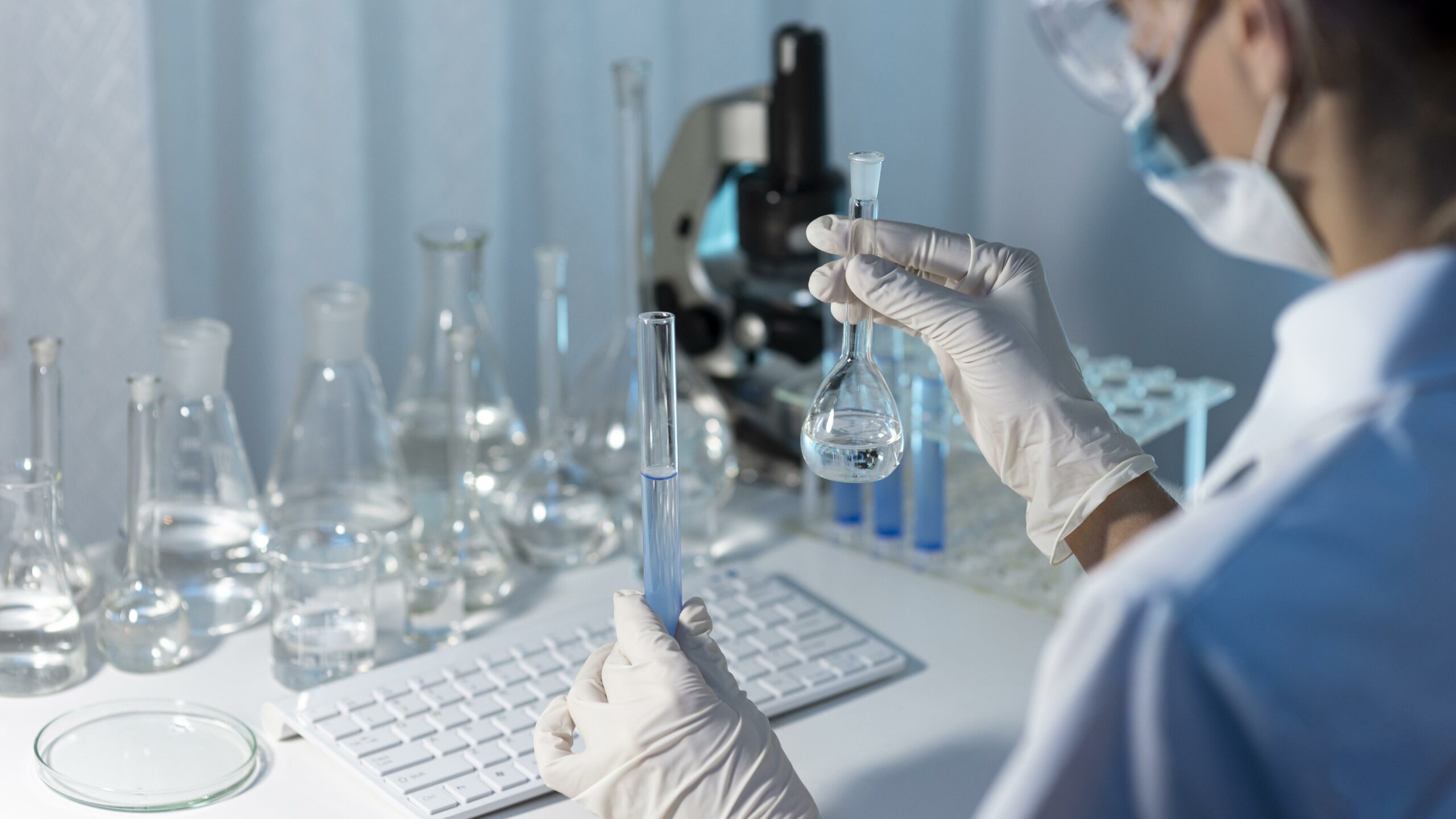Editorials
What does Sustainability Mean to your Business?
What does Sustainability Mean to your Business?
During more than half a century of continuous support to the food and drink industry, we have come to realise that there is not just one definition of sustainability, but that it means different things to different people. To some, it could mean working towards a zero-carbon emissions ethos using best practice to sustain the planet for generations to come. However, grand gesture as this is and rightly supported by many, what we do within the UK will have little impact if some of the biggest and worst polluters on the planet continue to do little or nothing to change their own behaviour.
At the other end of the sustainability spectrum is the often unexpressed, but taken for granted, intention to stay in business. Whilst these may seem like two extremes, they are not diametrically opposed as everything each manufacturer does to reduce their own carbon footprint should prove cost-effective.
More obvious ways to reduce carbon footprint are of course through better insulation of buildings and the creation of power through solar panels, rather than fossil fuels, etc. In fact, whilst researching this article, I’ve just become aware that the Apple headquarters are now carbon neutral and Google has been carbon neutral since 2007 and achieved 100% renewable energy for its operations in 2017. This has obviously not happened without substantial effort on their parts and should be lauded and encouraged on a world-wide basis. But, whilst minimising energy loss and finding alternatives to create the heating and cooling required is very important, there are many other ways to reduce the carbon footprint, which we will come to later.
One article I read during my research was a Government whitepaper dating back to 2011 where the metrics make very interesting reading:
The food industry accounts for:
- About 14% of energy consumption by UK business and 7 million tonnes of carbon emissions per year.
- About 10% of all industrial use of the public water
- About 10% of the industrial and commercial waste
- 25% of all HGV vehicle kilometres in the UK.
- 5% of the UK workforce.
It also accounts for:
- 1% of carbon emissions from open freezer cabinets in supermarkets alone.
We have every reason to believe that these somewhat surprising statistics have increased during the eight years since this whitepaper was produced. It is quite obvious, when looking at these statistics, that there is plenty of opportunity for reduction of wastage on so many levels.
Another interesting fact is that ‘around 3.6 million tonnes of food surplus and waste occur in primary production every year, worth some £1.3 billion’. Far greater wastage than this exists throughout the food chain. When one bears in mind that these statistics only refer to the UK, it is easy to see what a massive problem this is on a global scale. Factor in the views of experts that by 2050 there will be 9 billion people on the planet and that we currently only have enough landmass to adequately feed less than 5 billion people, much has to change if we are not to see huge increases in starvation and malnutrition, more widely spread across our planet. If we continue to destroy large areas of the rain forest and potential growth areas purely for commercial greed, then this problem can only get far worse more quickly.
During the past three years, there has been a UK, if not European, obsession with Brexit, but I hope the foregoing illustrates that, compared to the global issues ahead, there are far more important issues to address than the outcomes of Brexit.
However, as we are on this subject, a brief mention will illustrate that the European Union is far from the sustainable level playing field that many might think it is. The UK food manufacturers and manufacturers generally will recognise that the UK now has one of the highest minimum wages in the EU, plus enforced pension contributions, plus the relatively low value of the pound and increased material costs. Compare this with the lowest minimum wage in the EU, Bulgaria at the equivalent of £2.15 per hour and it is easy to see that, whatever the outcome of Brexit, UK manufacturers face potentially huge low-priced competition even from within the EU.

Source: eurostat
Poland for example, with one of the largest landmasses in the Eastern European block and vast areas of excellent growing land, has a minimum wage that is still only just above £3 per hour. Obviously, this competitive threat doesn’t just affect the UK food industry, as Jaguar Landrover’s move to Slovakia proves. This move cost 4,500 jobs at JLR in the Midlands and created 3,000 jobs in Slovakia, which also has a minimum wage just above £3 per hour. The official reason given was ‘with the threat of Brexit, ‘we need a mainland European manufacturing site’, but I don’t think it would be difficult for anyone reading this article to work out the real reason for this move.
A number of UK food manufacturers have also taken this opportunity to set up manufacturing plants in mainland Europe, whilst reducing their manufacturing in the UK and doubtless more will follow. The original threat, which has been demonstrated many times over, is that UK companies will set up satellite manufacturing sites in mainland Europe because this allows them to be more competitive. However, the same low wage economies have encouraged huge migration of individuals from the same European countries to the UK to serve the needs of our food and drinks industry, hospitality, NHS, etc., so much so that we have become, in many sectors, highly dependent upon this willing workforce.
Not surprisingly, with all the uncertainty over Brexit, the food manufacturing industry has seen a massive drop in the number of European nationals coming to the UK. This makes it difficult for many food industries to operate as before, but it also means that many of those other European nationals, having now gone back to mainline Europe with new skillsets learned in the UK, could create an even greater competitive challenge for the future by setting up or joining companies to compete with our own existing food and drink industries, at far lower labour rates than we would be able or allowed to pay.
So what’s all this got to do with the Sustainability of MY business?
Far more than might be immediately obvious. With all these threats and challenges, where does the UK food and drink manufacturer go from here? Because of rising costs, the reluctance of retailers to accept price increases and the potential increased competition from low wage countries, even within the EU, there is little or no fat left to absorb costly mistakes, batch rejections or poor efficiencies. The industry has to turn its focus even more inwardly, towards its own sustainability.
Some have made great CI strides already, many have not, some have talked a lot about action but done little because of fear of change or an often misguided belief that they can’t afford the consequential investment required in automation, MIS or MES and/or training to bring about the desired and sustained benefits, and some are even sleepwalking into tomorrow, dreaming that they can continue doing the same old things today, but that fortune will eventually shine upon them with a better tomorrow.
Not surprisingly, during our 5 plus decades of continuous service to the food and drink industry, we have experienced some brilliant successes, with huge returns on Investment and a few failures, where the success barely covered the investments made. Why?
Apart from being system developers and integrators, we have invested heavily in training courses for our people to become lean six sigma black belt practitioners and this will continue to be a central plank of our customer support philosophy, thereby ensuring that we have not only the leading edge MIS/MES system, but also the best available knowledge with which to apply our system solutions to the widest spectrum of performance improvement solutions for the benefits of our clients.
So why do some applications perform so well and others so poorly?
From our experiences, the common denominators seems to be that those companies who really engage with the change process and the system solutions available, recognise that lasting beneficial change, even with a state of the art system, does not happen overnight but requires an overriding commitment from ‘the top floor to the shop floor’. Such a commitment requires good communication about the potential benefits of change, patience, persistence, training and encouragement, followed by even more training and encouragement where required.
In addition, especially if the change is quite radical from a paper-based to a paperless real-time solution, the improvements made must be instantly available to all concerned, not simply as a list of real-time data points but instantly presented as analysed and prioritised action-orientated information. In this way, everyone involved in the manufacturing conversion process, from raw materials to finished products and dispatch, can see instantly where risks and performance improvement opportunities exist and are advised of the minimum action required to achieve maximum improvement. Because there is no analysis to be done, only recommended actions to be taken, even those resistant to change, find it embarrassing amongst their peers, not to take actions when required.
Returning to Sustainability, Performance Optimisation, which is the inevitable consequence of taking the prioritised actions, must simultaneously reduce overall manufacturing costs and carbon footprint through the sustained increase in Right First Time and production efficiency, whilst minimising wastage in all its forms.
Working with many very large and small companies we find that, whilst our MIS/MES solutions are largely the same, albeit differently configured to meet specific objectives, the culture and the current location along each journey in pursuit of excellence is always different.
Most satisfying of all is when the operational personnel have adapted to and accepted the need for the changes, so much so that they then start to ask us more questions such as ‘can we also do this or include that in order to eliminate even more paperwork, provide greater real-time visibility and continue our drive towards optimisation?’
Share your thoughts to Info@harfordcontrol.com or give us a call on +44 (0) 1225 764461




